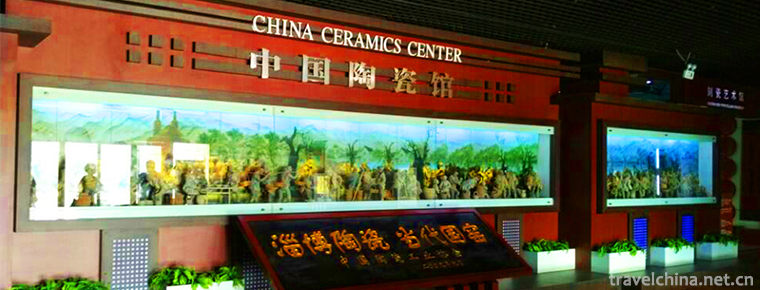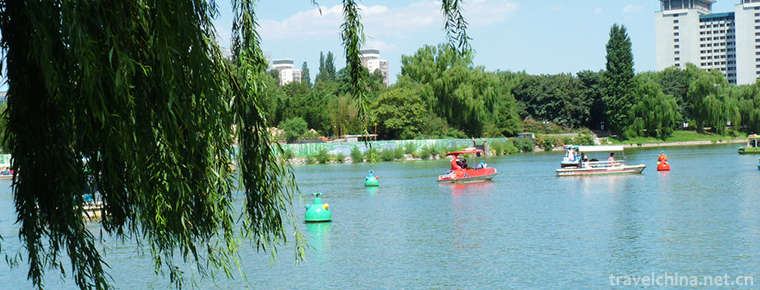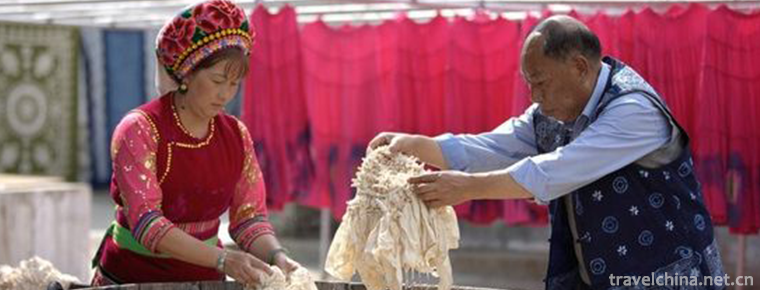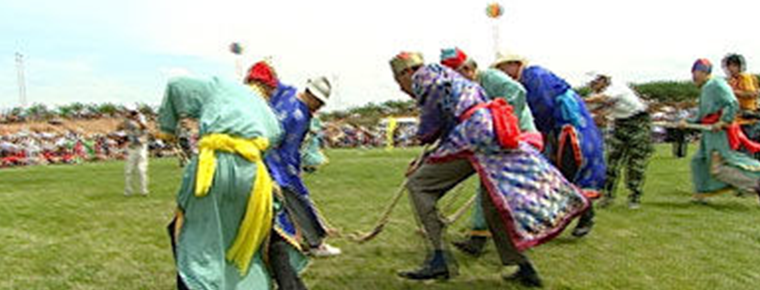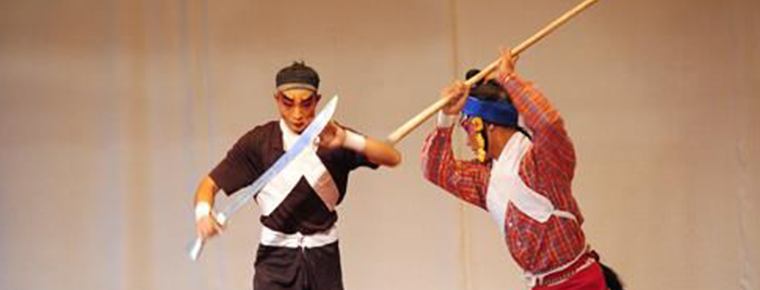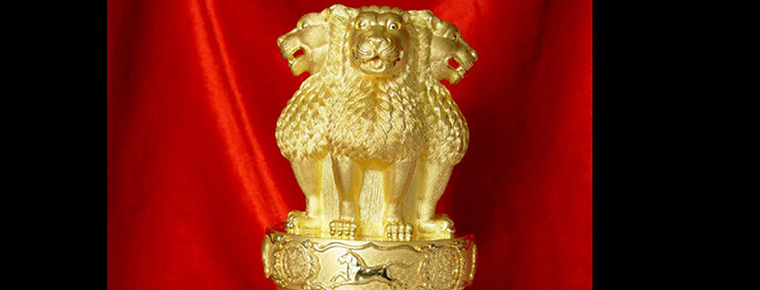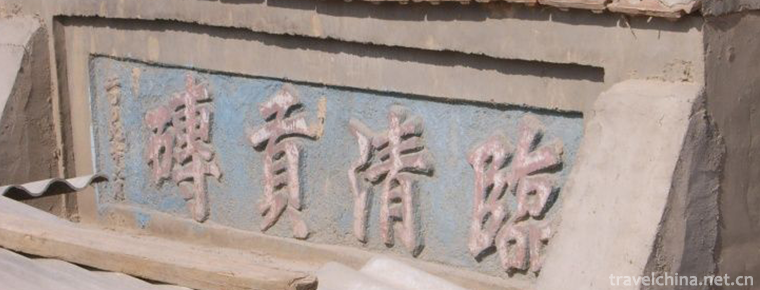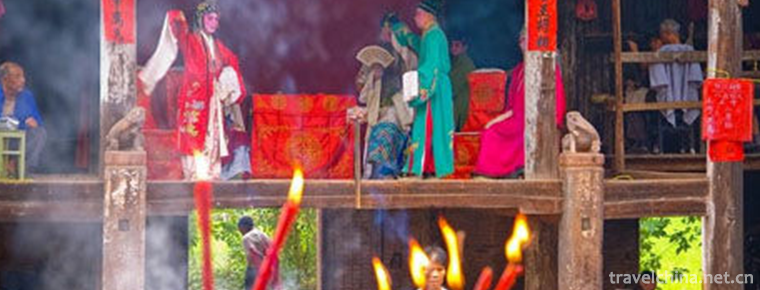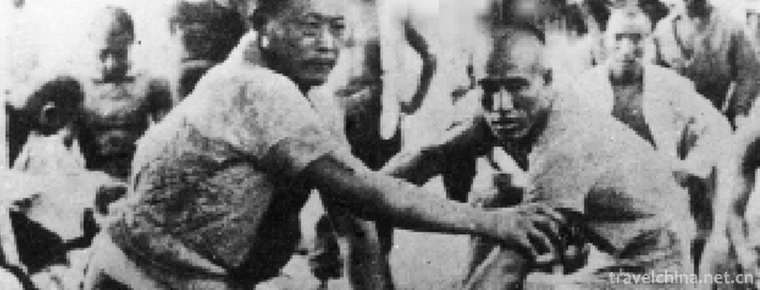Wannan Medical College
Wannan Medical College
Wannan Medical College is located in Wuhu, a famous historical city known as "the great port of the Yangtze River and the backbone of Anhui". It is close to the vast Yangtze River and gathers the gods of Jiangnan. Founded in 1958, it was Wuhu Medical College; incorporated into Anhui Medical College in 1971, it was Wannan branch of Anhui Medical College; approved by the State Council in 1974, it was established independently and named Wannan Medical College; in 1981, it was awarded the bachelor's degree and master's degree by the academic degree committee of the State Council; in 1998, it passed the qualification evaluation of undergraduate teaching by the Ministry of education; in 2008, it was in order Li has passed the evaluation of the undergraduate teaching level of the Ministry of education and obtained the excellent grade.
In the long course of running a school, a group of well-known professors have emerged. Professor Liu Yide, who has founded the first neurological special ward and written the first neuro spiritual monograph in China, Professor Sun Ruiyuan, one of the founders of quantitative pharmacology in China, Professor Shang Zhijun, who has devoted himself to the study of Materia Medica for 60 years, who has compiled the classic work "newly revised materia Medica of Tang Dynasty", Professor Li Jiren, a master of Chinese medicine and one of the seven professional tutors of internal economics in China, Professor Li Jixin, a virtuous and skilled doctor Professor Wang Tong, the first person who donated the remains in our school. There are also a large number of outstanding teachers, model workers, discipline leaders and backbone teachers who love their posts and work hard. It is the generation after generation of Wanyi doctors who have been handed down from generation to generation with selfless dedication that has laid the foundation for the development of the school's cause and become the most valuable school running resources of the school.
The school has three campuses, namely Binjiang, zhelu and Yinhu, covering an area of 10113000 square meters, with various construction areas of more than 400000 square meters. Binjiang campus is close to the Yangtze River, surrounded by green water, complete facilities, beautiful environment, Huizhou style and modern atmosphere complement each other, and it is also the main campus of the school. The school has 16 secondary schools, 2 affiliated schools directly under the school and 6 affiliated schools not directly under the school. Among them, the First Affiliated Hospital (yijishan Hospital of Wannan Medical College), founded in 1888 by the Christian Church of the United States, is the first western medicine hospital in Anhui Province and the first class-A hospital in the first batch in China. It is the center of medical treatment, prevention, rehabilitation and first aid in Southern Anhui and Wanjiang areas. The hospital established "Wuhu hospital nurse school" in 1926, renamed "Wuhu hospital huairang senior nurse vocational school" in 1936, once enjoyed a high reputation in China, sometimes known as "North Xiehe and South huairang".
The University's undergraduate education covers 6 disciplines, including medicine, science, engineering, management, economics and law, with 26 specialties. Postgraduate education involves two disciplines: medicine and science, among which there are four primary discipline authorization points, five professional degree authorization types and 29 secondary discipline authorization points (including primary discipline coverage points). There are 1 national specialty, 9 provincial specialty, 1 national specialty comprehensive reform pilot specialty, 11 provincial specialty comprehensive reform pilot specialty, 2 provincial key disciplines, 1 provincial clinical priority development key specialty, 3 provincial clinical key specialty, and 2 provincial clinical key cultivation specialty.
The school attaches great importance to the construction of teaching staff and the training of discipline leaders. There are more than 4000 medical staff, including 656 full-time teachers, including 276 with senior titles. In recent years, 7 teachers have won the honorary titles of national and provincial excellent teachers, 13 of them enjoy the special allowance of the State Council. At present, there are 2 top talents in provincial universities, 7 provincial academic and technical leaders and 13 reserve candidates.
The school pays attention to the construction of teaching and scientific research team and platform. At present, there are 1 National virtual simulation experiment teaching project, 1 provincial talent training model innovation experiment area, 8 provincial teaching teams, 7 provincial excellent talent education and training plans, 23 provincial excellent resource courses, and 3 provincial demonstration experiment training centers. There are 1 national drug clinical trial institution, 1 third level laboratory of the State Administration of traditional Chinese medicine, 4 provincial scientific research platforms such as provincial key laboratories, 4 provincial school enterprise cooperative practice education bases, and two academic journals, Journal of Wannan Medical College and Chinese clinical pharmacology and therapeutics, are published.
The school actively carries out foreign exchange and cooperation, and has carried out academic cooperation and exchanges with universities and research institutions in the United States, Britain, Germany and other countries, as well as Hong Kong and Taiwan; and opened with domestic enterprises and institutions such as barrow Institute of Neurology in the United States, Anhui customs (formerly Anhui entry exit inspection and Quarantine Bureau), Nanjing General Hospital in Nanjing Military Region, and Xiansheng Pharmaceutical Group Cooperation in practical teaching, scientific research and other aspects will be exhibited.
The school always adheres to the position of talent training center, deepens the reform of "Trinity" talent training mode of practical education, social responsibility education and innovation and entrepreneurship education, and promotes the continuous improvement of talent training quality. Graduates are well received by employers and all sectors of society. The employment rate has been maintained at over 97%, ranking the forefront of colleges and universities in the province. They have been awarded the title of advanced unit in employment work for many times. Since its establishment, it has sent nearly 60000 medical and health talents to the country and made positive contributions to the development of medical and health undertakings in our province and even the whole country.
Since its establishment, the school has adhered to the school motto of "refined medicine, morality, reality and self-improvement", carried forward the Anhui medical spirit of "hard work, reality and self-improvement, and dedication to the society", and formed a fine school tradition. Standing at the new historical starting point, the school will continue to follow the fine tradition of running a school, adhere to the principle of "taking the book as the foundation", adhere to the "four return", adhere to the connotative development, enhance the strength of running schools and the quality of personnel training, and run the people's satisfactory universities in order to build the "five great development" of the beautiful Anhui and serve the people. We will make new and greater contributions to people's health and a well-off society in all respects.




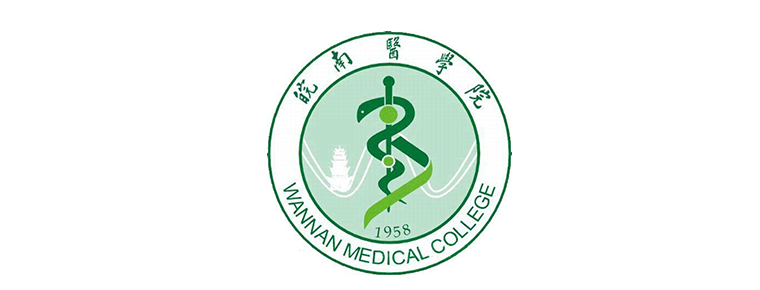
-
China Ceramic Museum
The China Ceramic Museum is located in the Cultural Square in the center of Zibo City. On the basis of Zibo Exhibition Hall in April 2001, it was transformed by large-scale investment.
Views: 127 Time 2018-12-22 -
Chaibuxi Canyon Scenic Area
Chaibuxi Canyon Scenic Area is located in the eastern part of Wufeng Tujia Autonomous County, with Wulingyuan in the South and Qingjiang River in the north. Zhangjiajie belongs to Wuling Mountains..
Views: 217 Time 2019-01-04 -
Zizhuyuan Park
Zizhuyuan Park is located in the West Third Ring of Beijing, near Baishiqiao in Haidian District, west of Beijing Capital Stadium. Zizhuyuan Park was built in 1953. It was named for the Ming and Qing .
Views: 264 Time 2019-03-22 -
Bai nationality tiedyeing skills
Bai tie-dyeing technology, the local traditional textile dyeing technology in Dali City, Yunnan Province, is one of the national intangible cultural heritage..
Views: 210 Time 2019-04-03 -
Daur traditional Hockey
Daur's traditional hockey sport is called "Bei Kuo Taj Ke Bei" in Daur language. Bei Kuo refers to a bat. The Daur bat is made by grinding oak wood with curved roots and straight branches. I.
Views: 119 Time 2019-04-22 -
Da Xian Opera
Daxian opera is a local traditional drama in Huaxian and Puyang counties of Henan Province, and one of the intangible cultural heritage at the national level. The singing music of Daxian opera belongs.
Views: 198 Time 2019-04-23 -
Gold and Silver Fine Craft
Gold and silver fine craftsmanship, Huangpu District of Shanghai, Nanjing City of Jiangsu, Jiangdu traditional handicraft, one of the national intangible cultural heritage..
Views: 207 Time 2019-05-07 -
Burning Techniques of Linqing Gong Bricks
Linqing fired tribute brick is an ancient handicraft. Beginning in the early Ming Dynasty, Yongle's firing technology is the unique experience accumulated by the working people in Linqing of Shandong .
Views: 95 Time 2019-05-13 -
Qiyang Opera
Qi Opera is one of the traditional local dramas in Hunan Province. It is also called Qiyang Band, Qiyang Opera in the early years of the Republic of China, and Qiyang Qidong Opera in the folk.
Views: 95 Time 2019-06-10 -
Flyover wrestling
In the 1930s, when Peiping wrestling was very popular, Peiping wrestling was famous all over the country. At that time, the strongest wrestling master of Peiping overpass was Shen San (Shen Yousan), B.
Views: 373 Time 2019-06-21 -
Zhongshan Salt Water Song
Salt water song is a form of expression of Guangdong local folk songs, which is mainly spread among farmers and fishermen in the coastal and river network areas of Zhongshan, Panyu, Zhuhai and South C.
Views: 86 Time 2019-08-03 -
Furong mountain
Furong mountain in Sichuan Province is a snow mountain, stretching for hundreds of miles. Furong mountain scenic area is composed of Furong mountain, Shunan hot spring, hanging coffin.
Views: 132 Time 2020-10-16
